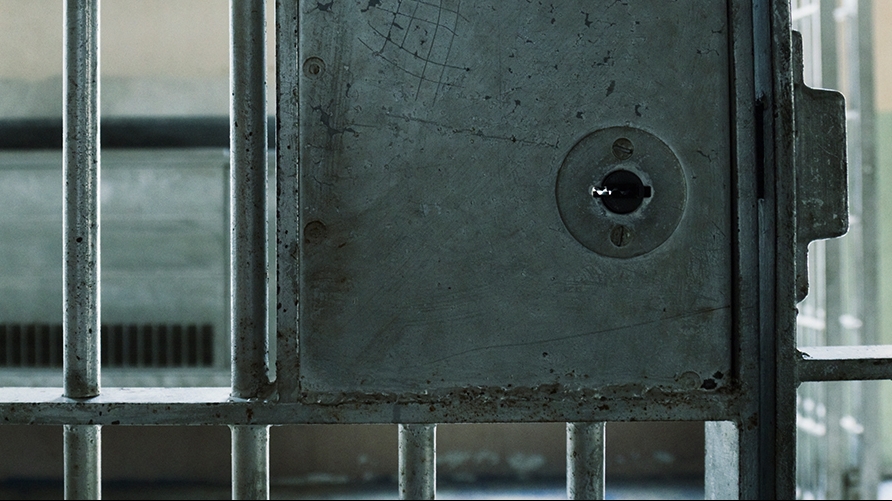By Chip Brownlee
Alabama Political Reporter
A federal judge ruled Friday that a lawsuit filed by the Southern Poverty Law Center against the Alabama Department of Corrections can move forward as a class-action lawsuit.
US District Judge Myron Thompson ruled that the case, which alleges that Alabama prisoners have been denied mental health care, can move forward on behalf of all of Alabama’s prisoners, not just the prisoners named in the original lawsuit.
The suit, which was originally filed in 2014 and is set for trial on Dec. 5, could spell big changes for mental health care in Alabama prisons if Thompson rules in the prisoners’ favor.
“This ruling is very important for all of the people languishing within Alabama’s prisons without the mental health care they need,” said Maria Morris, a senior supervising attorney with the SPLC. “They need help, but many are incapable of standing up for their rights. Prison officials have failed to prevent suicides by prisoners with mental health conditions, they have denied them counseling and simply locked them away.”
There are dangerous inadequacies in the way the Department of Corrections identifies individuals coming into the prison system who may suffer from mental health problems or other health issues, Morris said.
Prisoner’s mental health needs are routinely ignored, the SPLC argues in their suit. They say ignoring the dangerous and life-threatening conditions is the norm in Alabama’s prison system, which has one of the highest mortality rates in the country.
The suit names Commissioner Jeff Dunn, in his official capacity as the head of the state’s correctional system, as the main defendant in the case, but the SPLC hopes a ruling in their favor would bring health care changes to the prison system.
“So many people in Alabama who are in need of mental health care wind up locked away in prison,” said Lisa Borden, whose law firm Baker Donelson is also representing clients in the class-action case.” The State must learn that it cannot simply lock people up and forget about them, it must be willing to take responsibility for them – including their mental health care needs. The Alabama prison system has failed in this basic constitutional requirement.”
Judge Thompson, in his order and opinion, wrote that the health practitioners have a responsibility to recognize when mental health care is lacking in the prison system.
“When prison mental health administrators know and communicate that they need more staff to provide appropriate care for prisoners, and the Commissioner refuses to provide funding for this staff, not in any exercise of medical judgment but because he does not have the money this suffices to establish deliberate indifference and – in conjunction with a showing that this creates a substantial risk of serious harm– to establish an Eighth Amendment violation,” Thompson wrote.
Under Dunn and Associate Commissioner Ruth Naglich, the SPLC argues, thousands of prisoners who suffer from mental health disabilities in the State’s prisons do not receive the adequate care they need.
The lawsuit argues that the Corrections Systems maintains inadequate mental health treatment, insufficient numbers and inadequate qualifications of mental health staff, an understaffing of prison guards (which prevents access to medical care), a failure to identify prisoners with mental health needs in a timely fashion and a failure to respond timely or even at all.
The SPLC also argues that the system the prison system uses for classifying prisoners with mental illness is inadequate and that there are poor record-keeping practices.
The Department of Corrections contracts with two private providers, Corizon Inc. and MHM Services Inc., for prisoner health care on risk-bearing models. Those models, the SPLC argues, encourage decisions based on the cost of care and not the quality of the care itself. It encourages the providers to reduce their own costs by providing a minimum level of care, the lawsuit argues.
“It’s certainly our position that both of the [mental health care] contracts currently are grossly understaffed and underfunded,” Morris said in an interview with APR.
The SPLC hopes to prove that the prison system’s “poor medical services” violate the US Constitution’s Eighth Amendment ban on cruel and unusual punishment. The case heads to trial on Dec. 5.




















































